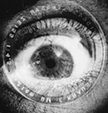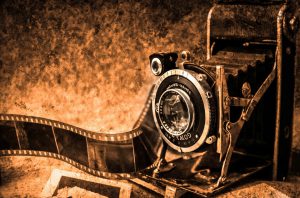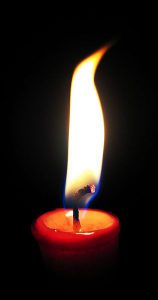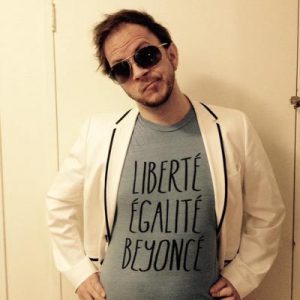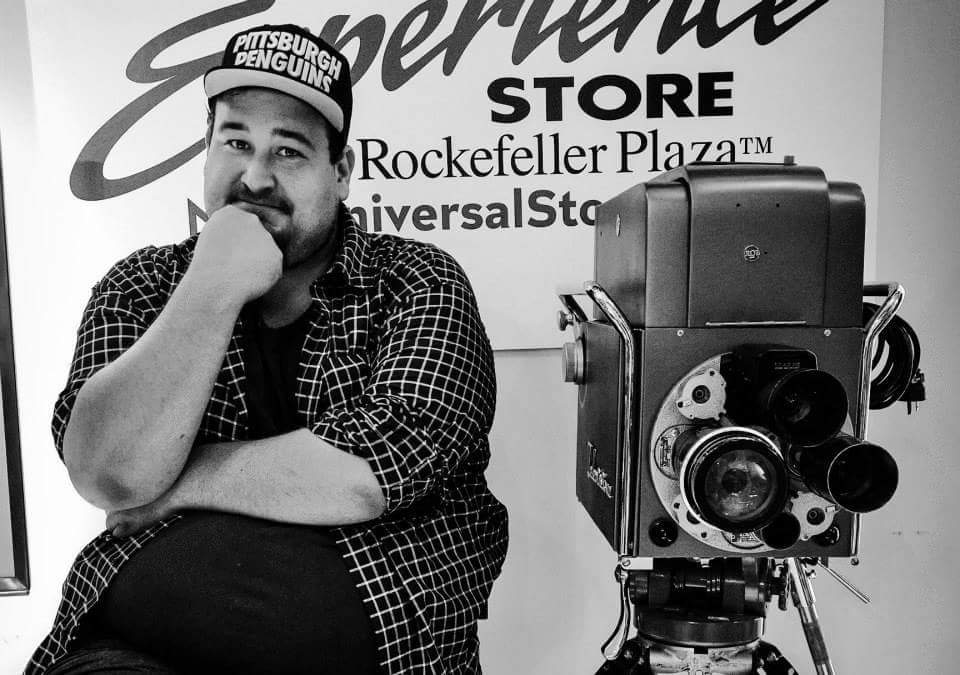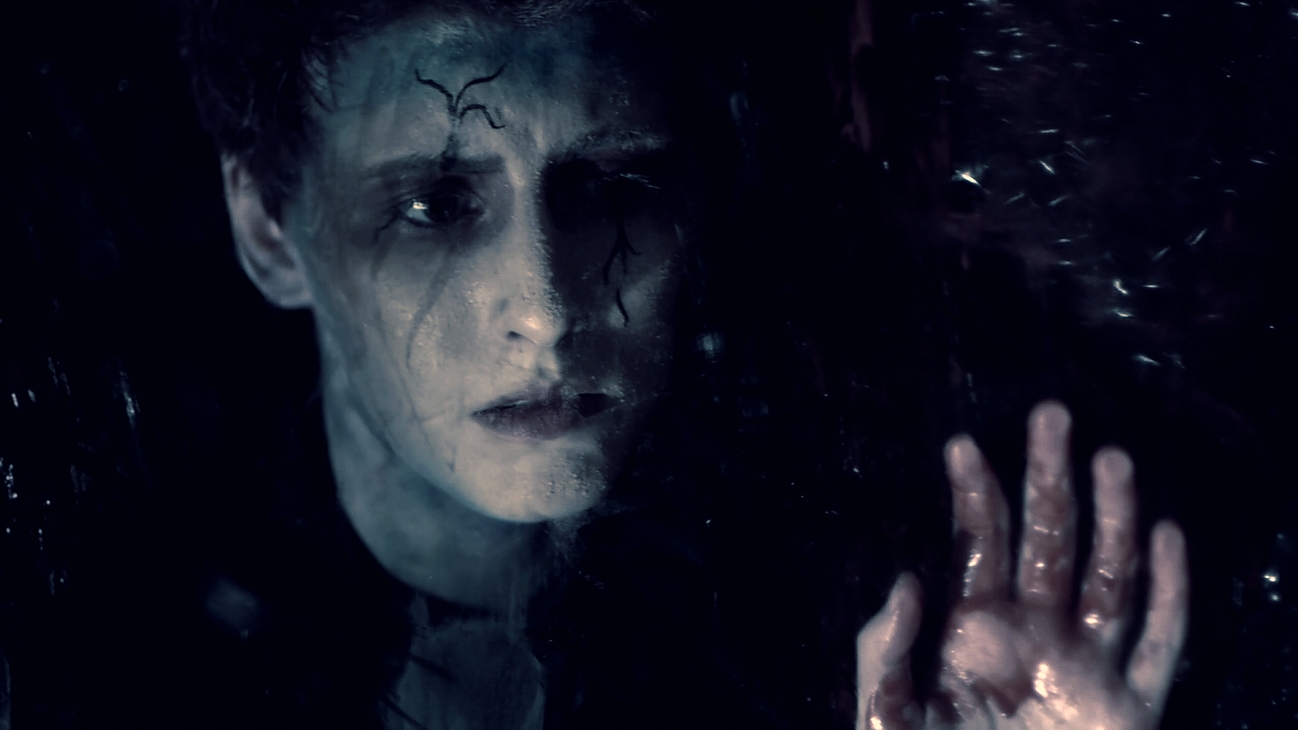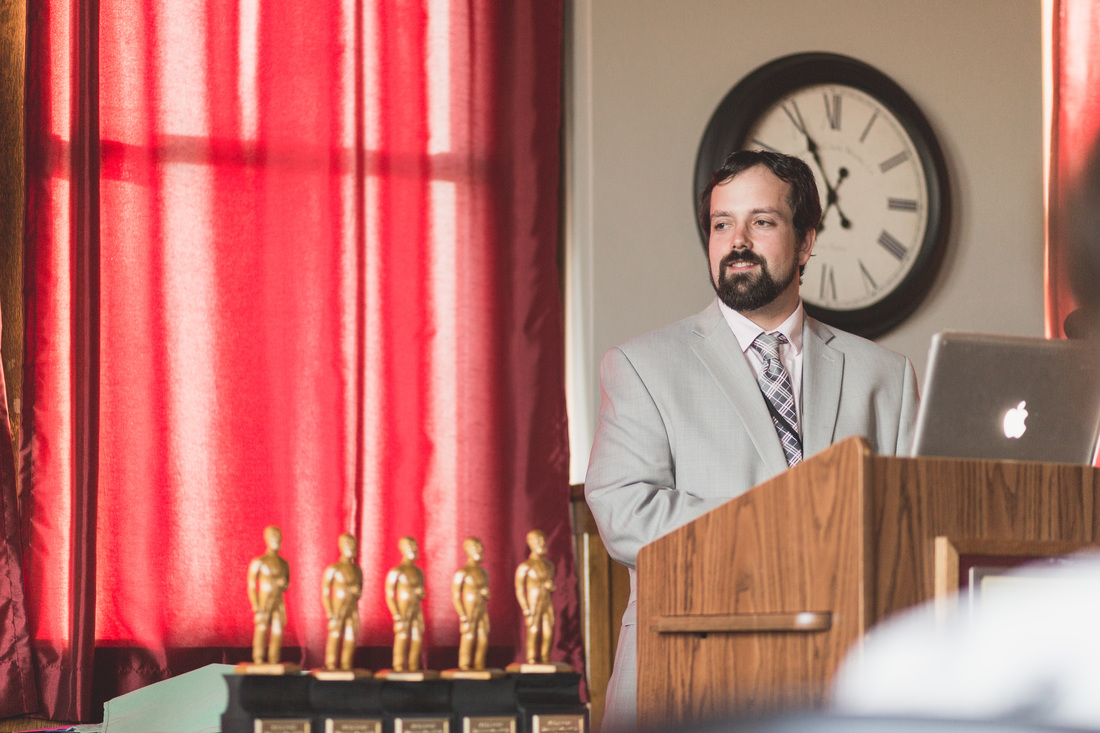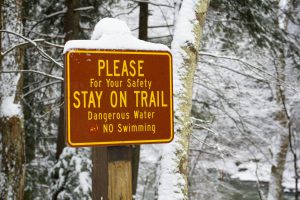 The answer is, yes, you are crazy! But who cares?!?!?!
The answer is, yes, you are crazy! But who cares?!?!?!
In 2012, after looking over the shoulders of other filmmakers making music videos for our bands Do Not Forsake Me Oh My Darling and The Motion Sick, we decided to give a go at making our own, starting with making all of our friends dance in their underwear for Darling Pet Munkee’s “X-Ray Specs” video.
Then, we foolishly decided it would be fun to start making short narrative films and entered the Boston 48 Hour Film Project and then the Brattle Theatre’s Trailer Smackdown. After the smackdown, we were convinced to turn our project into a feature. We had no real idea how to manage making a feature, but we didn’t let that get us down!
We went to the book and DVD stores (okay, we ordered online) and grabbed a crash course in filmmaking!
Where did we learn the most?
1. DVD commentaries
We looked for filmmakers with very limited budgets and resources who managed to do wonderful things.
Some of our favorite examples:
Lloyd Kaufman (his Make Your Own Damn Movie box set is a giant collection of bonus materials, behind-the-scenes bits, interviews, etc. – a lot of it was useful to us)
Jim Wynorski – Chopping Mall audio commentary with Director / co-writer Jim Wynorski and co-writer / 2nd Unit Director Steve Mitchell is one of our favorite commentaries ever! They talked about how they rented a store in an active mall and shot overnight, jamming everything back into the store by morning.
Shane Carruth – Primer commentary tells the story of a brilliant auteur (some might say control freak – and we could relate) with no experience.
Jack Fisk – Carrie – Jack was the art director on Carrie (and husband of Sissy Spacek) and the “Visualizing Carrie” bonus goes through production planning and design and gives a lot of insight into art department work.
2. Books
I also read about a dozen books on screenwriting, filmmaking, festivals, marketing, and sales.
Some of my favorites:
The Secrets of Action Screenwriting by William C. Martell
Hands down, the best book about screenwriting I’ve read. It makes no difference if you’re writing action or another genre, this book uses action-film structure to help you understand how to get your audience to invest in the character and story arcs.
Save is the industry standard screenwriting book. I like it, but it was really more useful to me as an analytical guide to commonalities among popular screenplays. I don’t like it as a writing template, which is what it has most commonly become. Still an essential and smart book!
The Screenwriter’s Bible by David Trottier
Another industry classic.
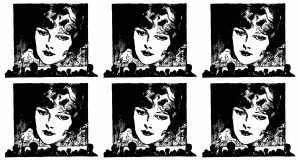 3. Watch movies
3. Watch movies
I found it extremely helpful to just watch movies I loved. I especially enjoyed watching low-budget movies I thought were successful at telling stories in unique ways.
While watching, I’d take notes as follows:
A. Write down each scene / setting as a header.
B. In each scene, summarize what happens in the plot.
C. In each scene, summarize the characters’ emotional experiences.
D. In each scene, summarize my emotional experiences.
Essentially, I was writing a script breakdown of the film as you watch it. It would usually take me a couple of passes through a film to do this.
But after doing this with a few films, I started to get an intuitive sense of how film structure and storytelling worked.
4. Asking questions and making mistakes
We planned as carefully as we could, and we worked as hard as we could to get our script, cast, and crew ready for the shoot.
We asked everyone we knew who had made anything every question we could think of. We hardly even lost any friends this way!
And then, we made some mistakes. Okay, a lot of mistakes. Outlining them all would take 100 blog posts, but the real truth is, I don’t think it will be easy for you to learn from our mistakes. I think you will have to make your own.
That said, while planning our film, I wished most of all that I could really just see more full, honest behind-the-scenes breakdowns of the process of filmmaking.
So, we decided to document everything as we bumbled through our first feature production! And I mean everything, from writing the screenplay to casting and straight through the production of the film.
We had 50+ hours of footage to work with and trimmed it down to a 2-hour documentary. The intention was just to give you a fly-on-the-wall view of a bunch of people making their (mostly) first feature film with very little filmmaking experience. It’s presented with as little commentary as possible.
A Trip to Spektor Island: Behind-the-Scenes of TEN
Stream free with no ads on Amazon Prime or watch the Youtube videos with ads.
…and that is what led to our first feature film, TEN (free streaming on Prime). It’s certainly an imperfect film, but we are proud that we were able to take chances on storytelling and structure and make something that is still fun to us. We would do almost everything differently if we were starting now, but we’re glad we did it that way then!
